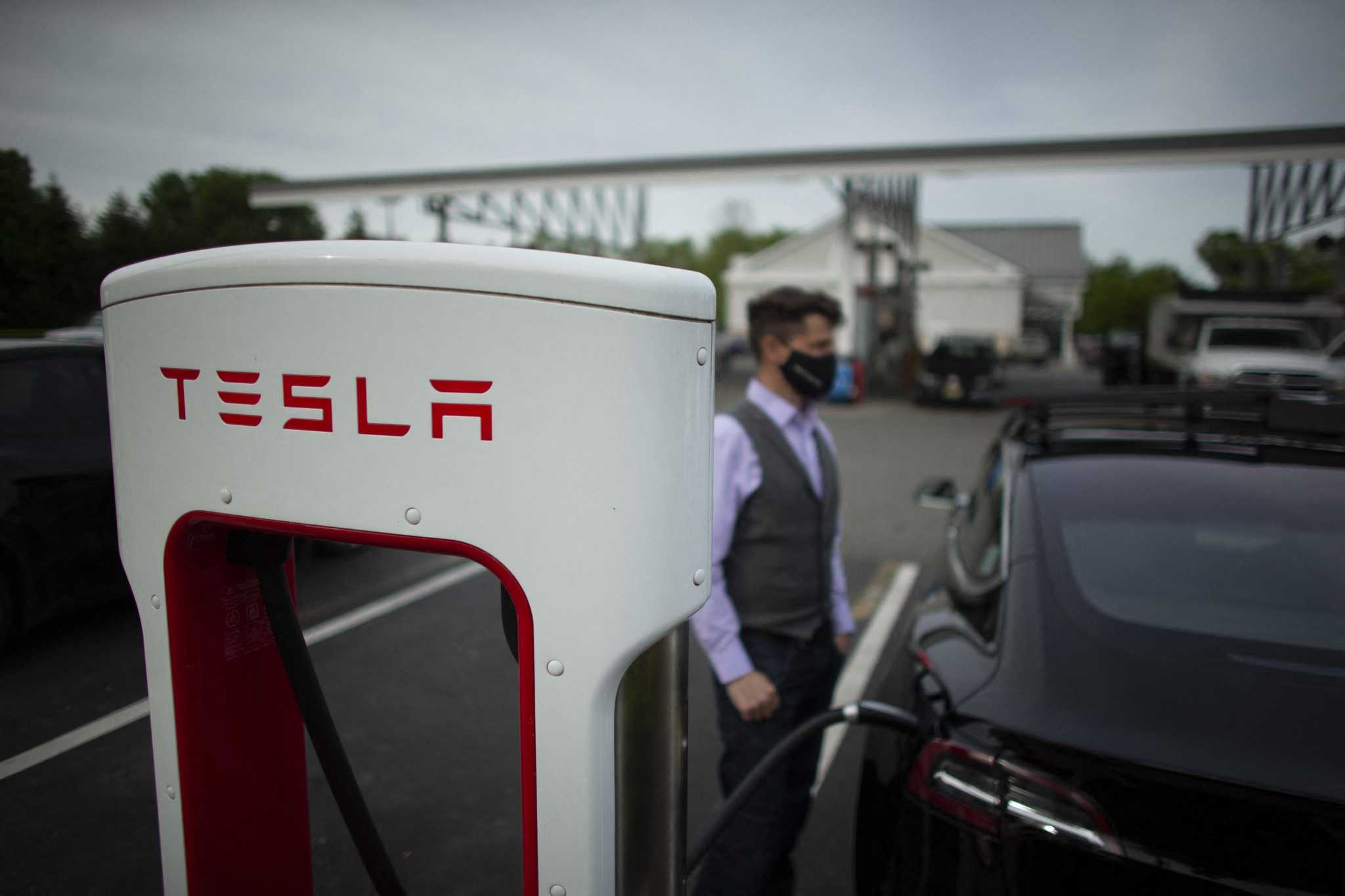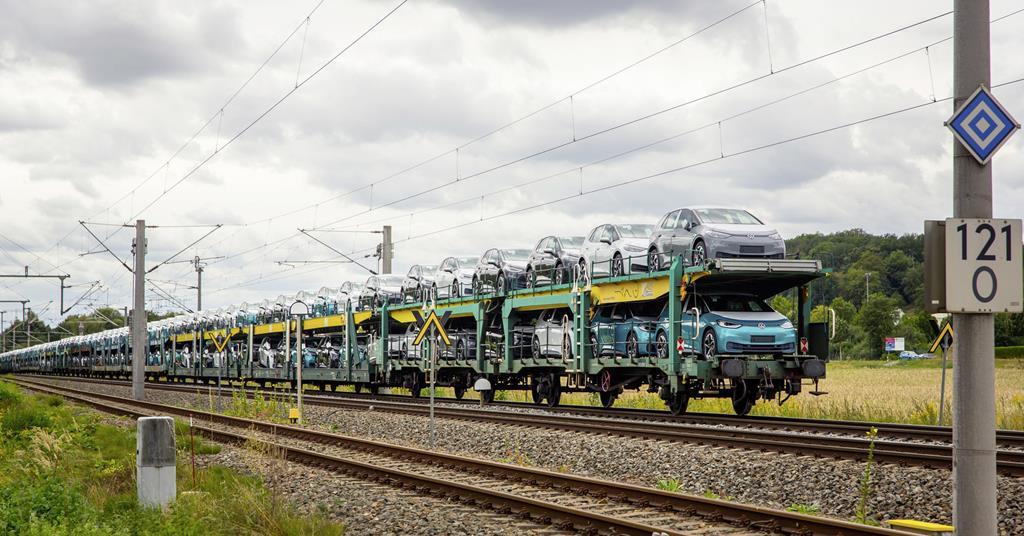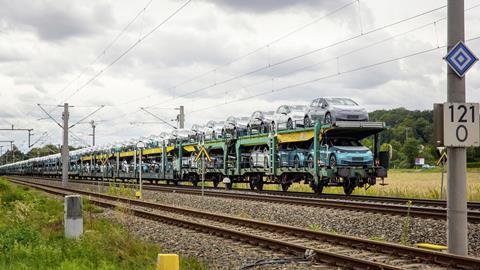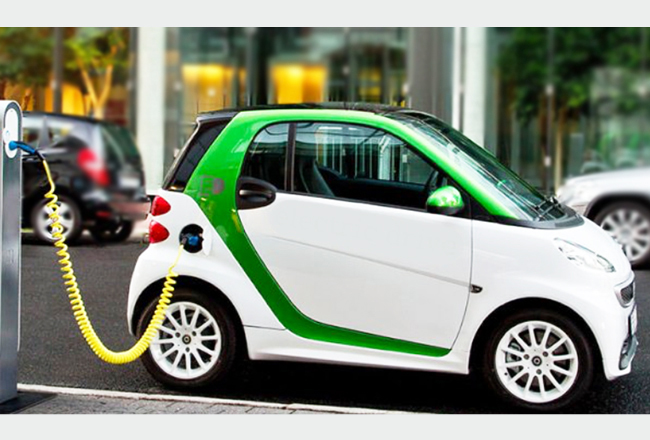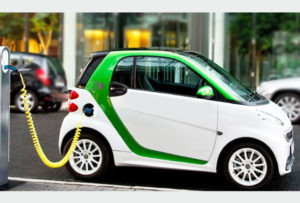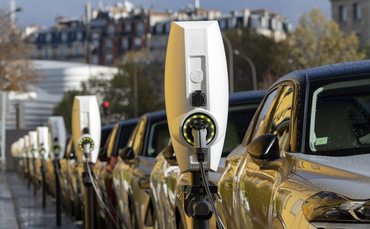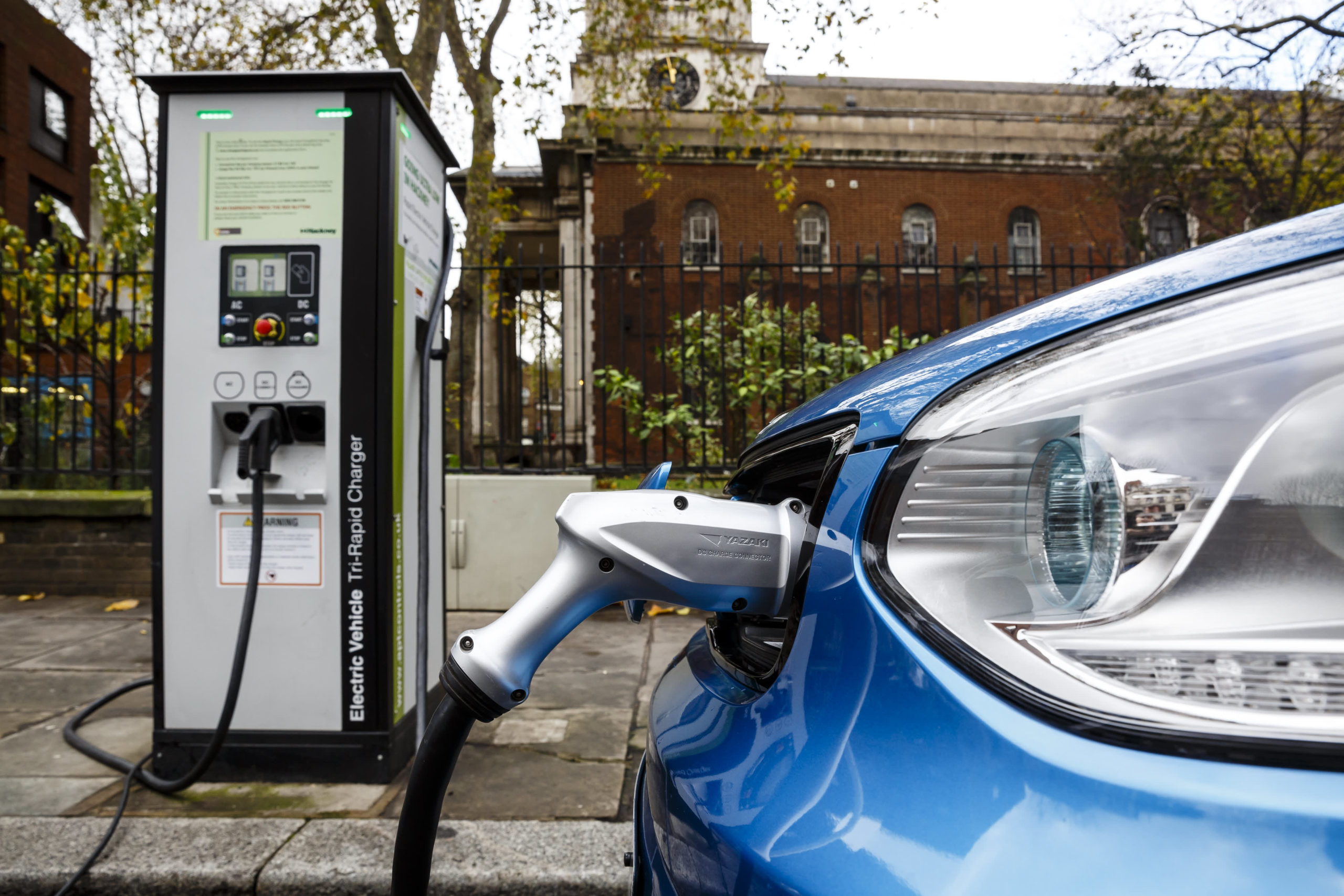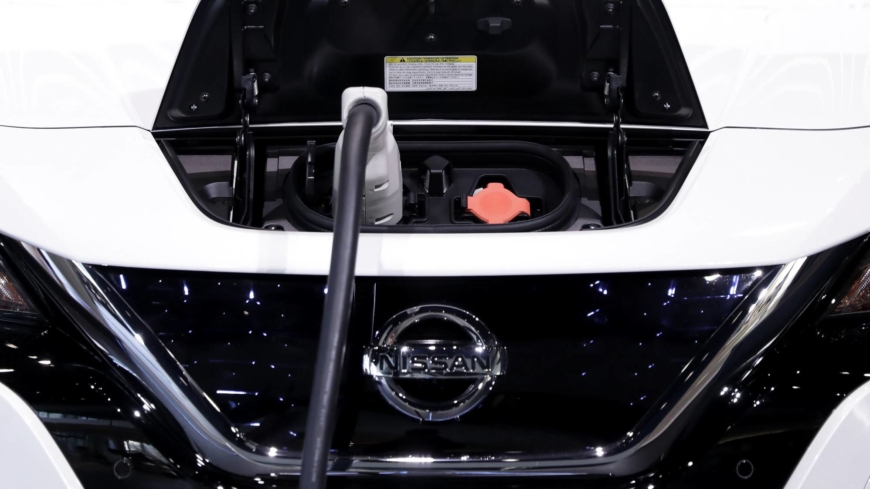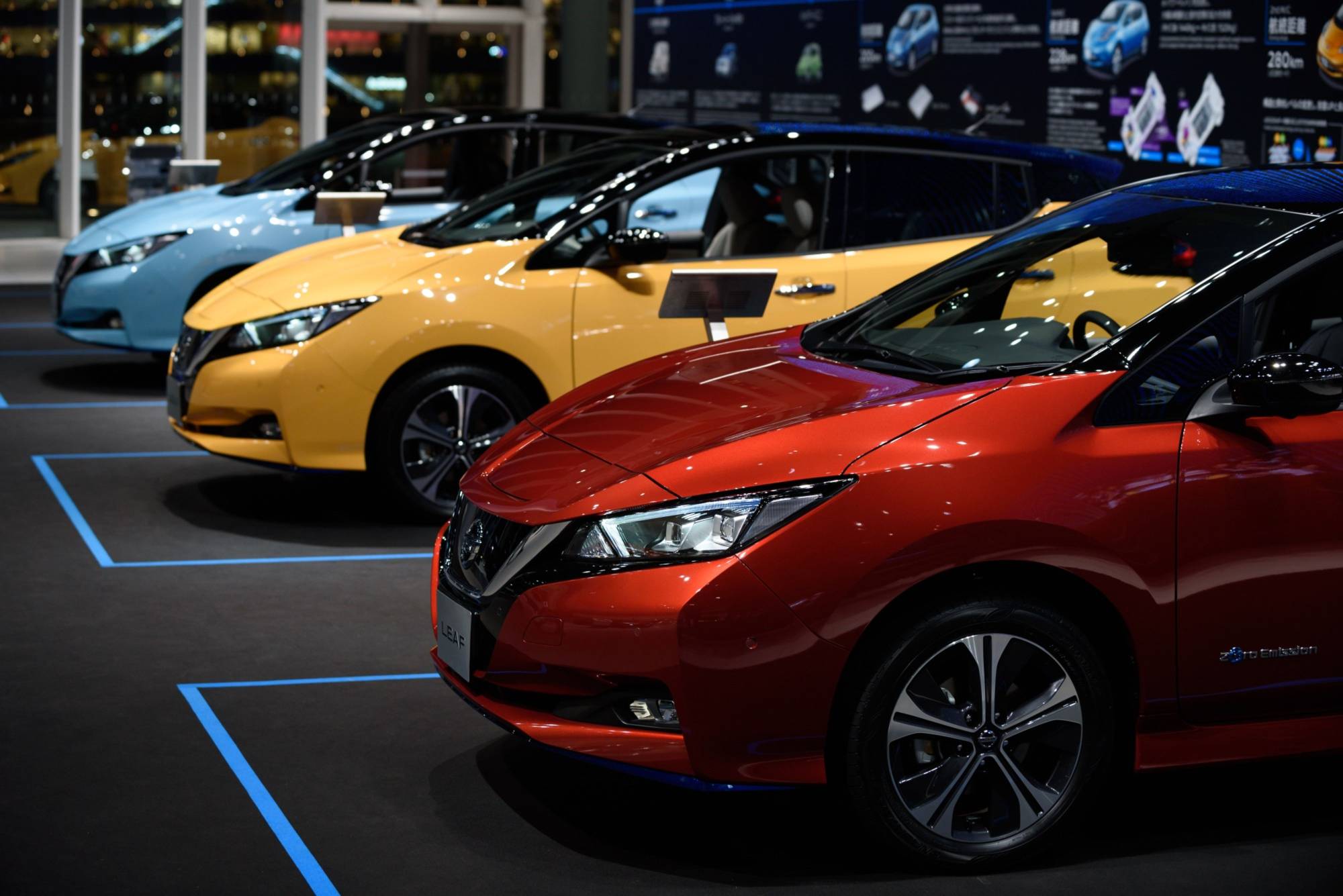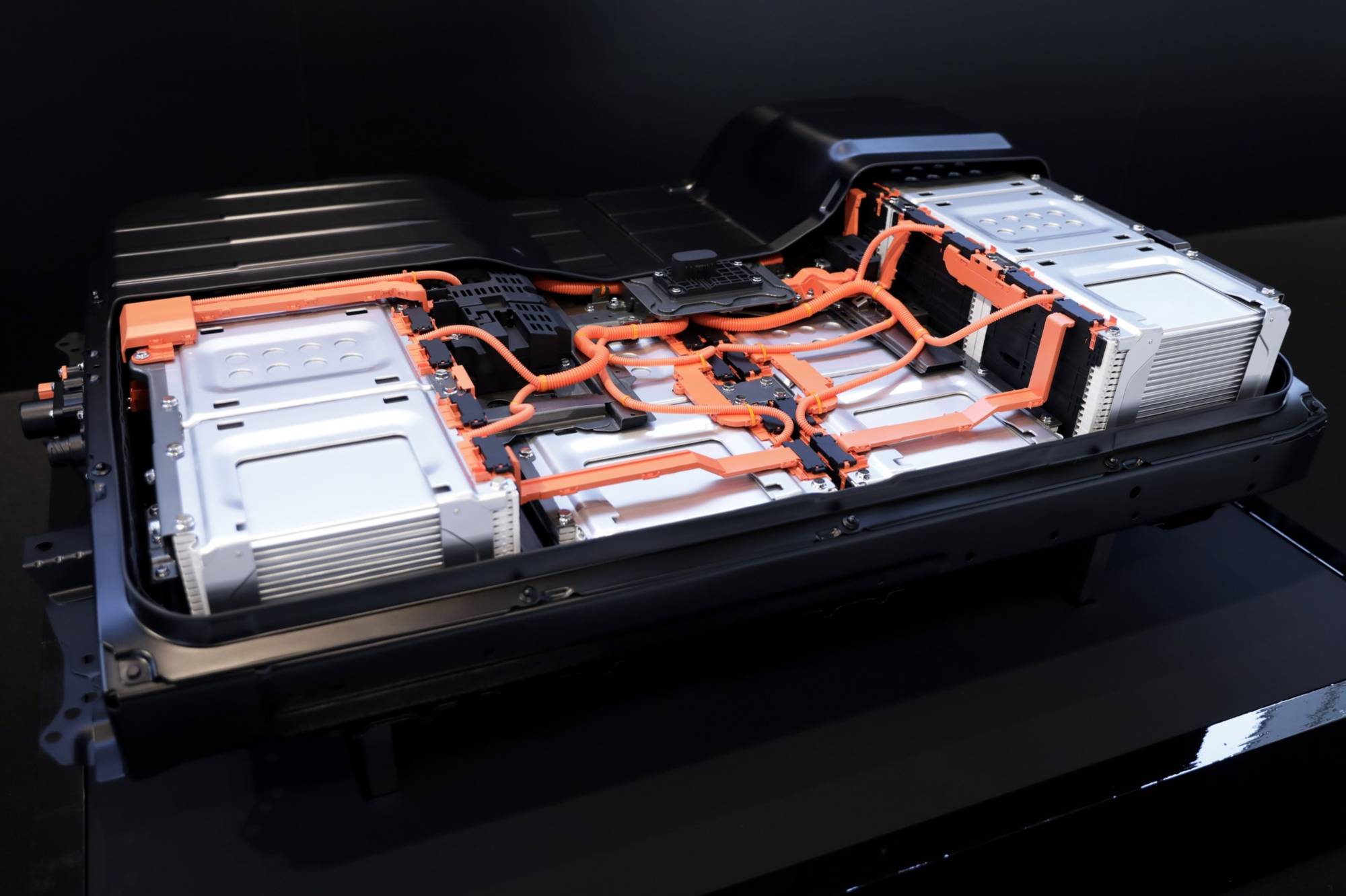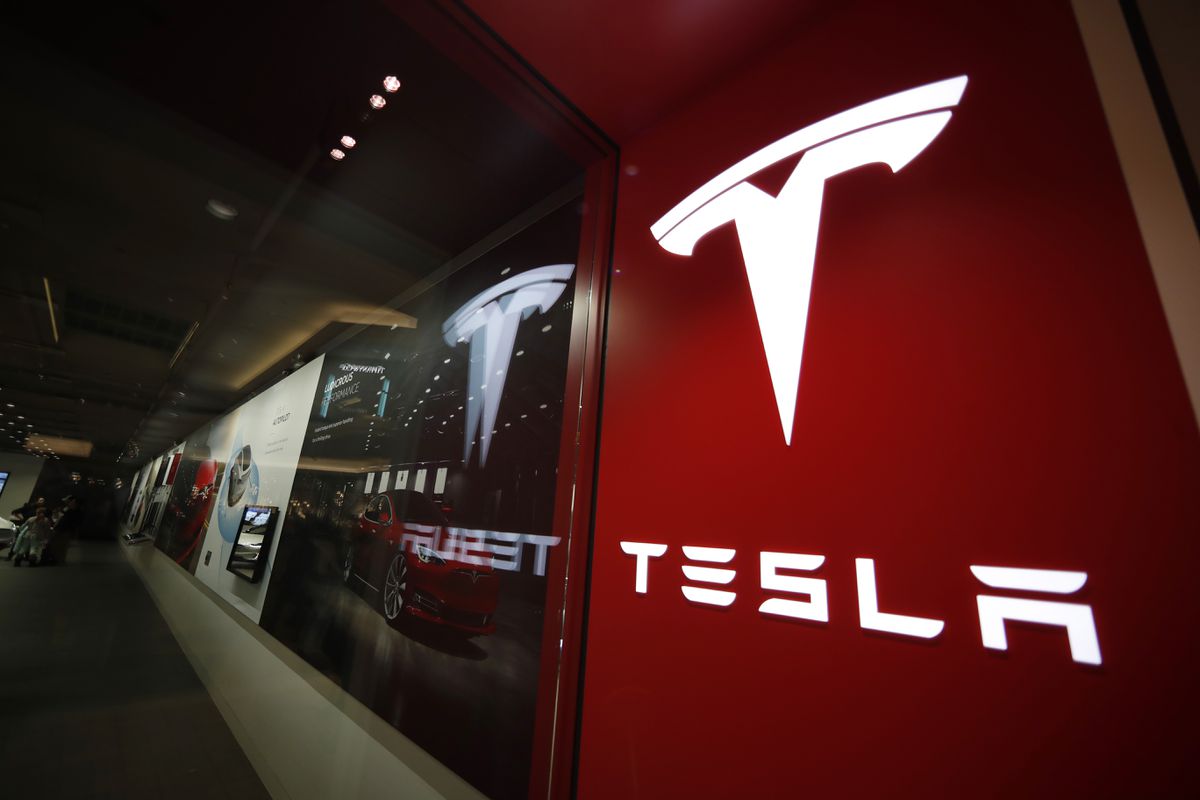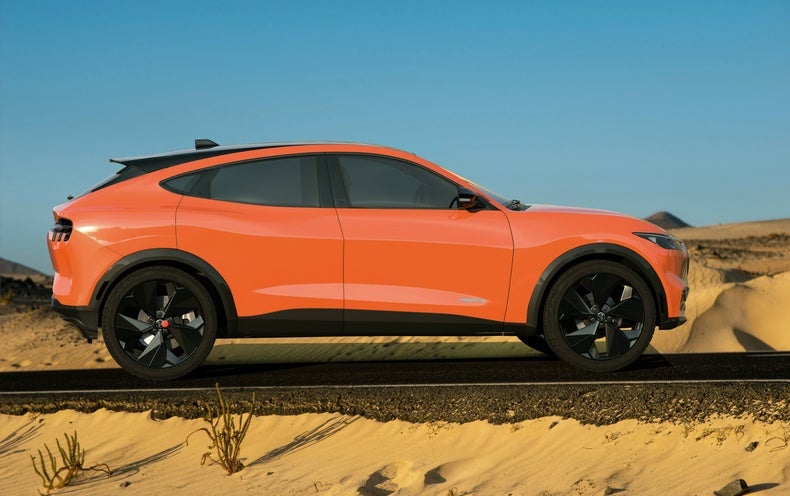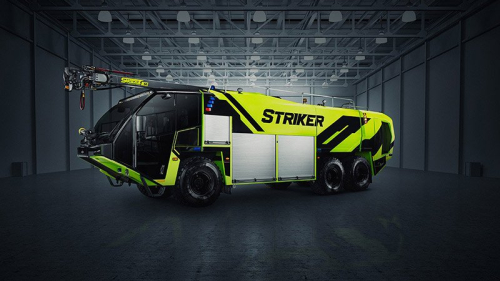The electric vehicle landscape continues to expand, recently boosted by President Joe Biden’s climate policies, growing demand and new models by automakers. But will Texas, the largest oil-producing state in the United States, be onboard with the rise of all-electric automobiles?
The Woodlands-based chemical-maker Huntsman Corp. is certainly embracing it, ramping up production of ethylene carbonate, which is used to operate lithium-ion batteries for electric vehicles, at its Conroe facility. The company will add a range of new high-purity grades of ethylene carbonate for electric vehicle battery applications by mid-2023.
“Electronic vehicles will have five times the number of circuitry and electronics than a diesel vehicle has. There is an opportunity,” CEO Peter Huntsman told the Houston Chronicle in March.
The move leverages Huntsman Corp.’s position as the only U.S. producer of cyclic carbonates and supports the rapid growth of lithium-ion battery markets for electric vehicles, which represent a small segment of the $953 billion U.S. auto industry. Still, auto makers are heavily investing, introducing new electric pickup trucks and sports cars to showrooms to establish footholds in the burgeoning market.
Tesla is constructing a gigafactory outside Austin to produce electric cars, pickup trucks and batteries. The manufacturing plant is expected to be completed before the end of 2021, with some operations potentially coming online sooner.
General Motors in January announced it would produce only electric vehicles by 2035. That same year, California’s ban on sales of new gasoline-powered vehicles will go into full effect.
Ford unveiled the F-150 Lightning, an all-electric version of its best-selling F-150 pickup, last month. The Michigan-based automaker has committed $11.5 billion to electrify some of its most popular vehicles.
But will Texas go for it? The shift from fossil fuels to solar panels and wind turbines would have profound economic implications for the state’s oil and gas industry. Transportation accounts for about a quarter of total U.S. energy consumption, and is currently dominated by petroleum products such as gasoline and diesel.
The International Energy Agency has estimated that electric vehicles displaced nearly 600,000 barrels of oil products per day in 2019. That figure is expected to grow to 2.5 million barrels per day by 2030.
That, and other factors, have oil majors such as Royal Dutch Shell, Chevron and BP making strides to prepare for a low-carbon future by diversifying their businesses by investing in electric vehicle-charging companies.
By the end of this decade, Evolve Houston, a local nonprofit pushing for electric vehicle adoption, estimates that 600,000 electric vehicles will be on the road in Houston and 2 million across the state. Evolve aims to have electric vehicles represent about 30 percent of all new vehicle sales in the Houston area by 2030.
“There won’t be many manufacturers making gas cars in 15 years,” said David Aaronson, founder and CEO of Refuel Electric Vehicle Solutions, a Houston-based firm offering full-service electric vehicle charging station consultation, installation and management. “It is possible they won’t be making gas cars past 2035 at all.”
